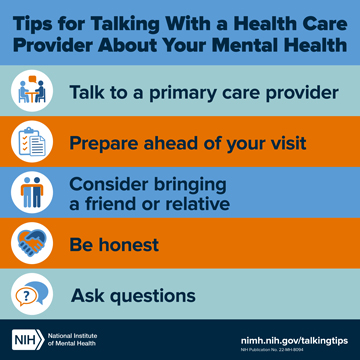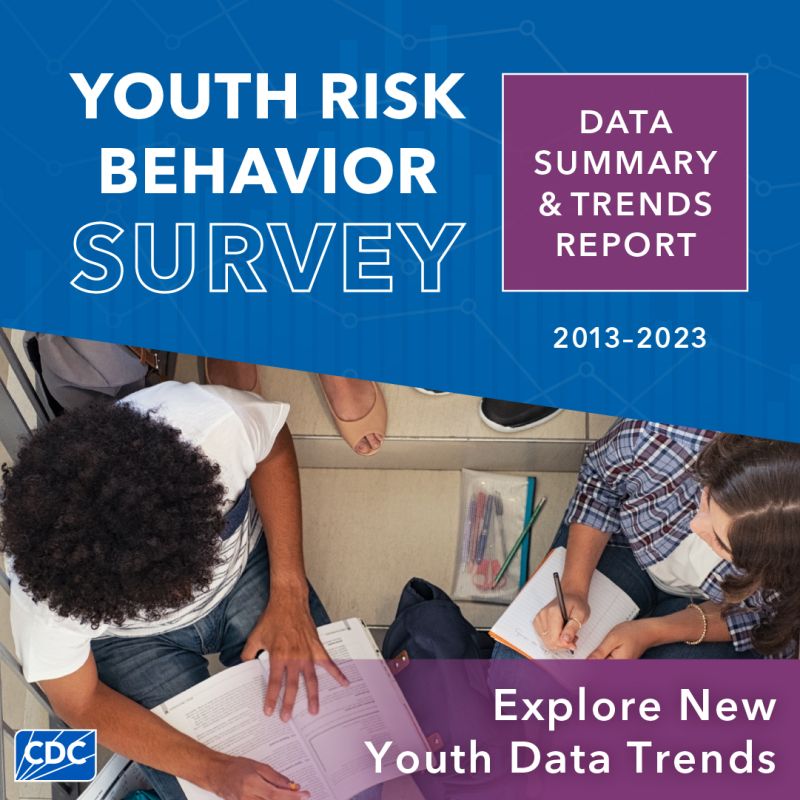
Tips for Talking with a Health Care Provider About Your Mental Health [downloadable]
Don’t wait for a health care provider to ask about your mental health. Start the conversation. Here are five tips to help prepare and guide you on talking to a health care provider about your mental health and getting the Read more >>











